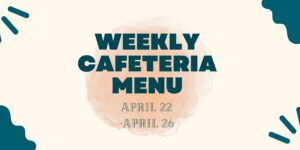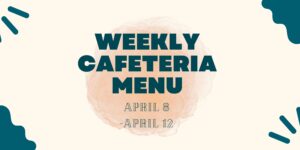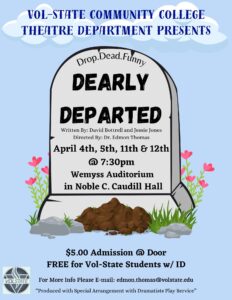Last updated on March 9, 2019
By Yvonne Nachtigal
In answer to our technologically hyperconnected culture, a new holiday appeared on the calendar last year. The second Friday in March, (March 9 – 10) marks the National Day of Unplugging. The website, NationalDayofUnplugging.com, lists supporters as CBS, NBC, The New York Times, The Wall Street Journal, Hillel International, Moishe House, Virgin Records, Mashable and others.
According to the website, the holiday is a “24-hour period from sundown to sundown, to unplug, unwind, relax and do things other than using today’s technology, electronics, and social media and to connect with people, not screens.”
According to the website DaysoftheYear.com, which promotes the holiday, “The National Day of Unplugging was created by Reboot, a nonprofit Jewish community. However, you do not need to be Jewish, or even religious at all to participate.” Reboot’s website, rebooter.net, explains that the holiday is an outgrowth of the “Sabbath Manifesto.” The Sabbath Manifesto describes itself as “a creative project designed to slow down lives in an increasingly hectic world.”
At face value, the National Day of Unplugging sounds like a great idea. Who does not want their life to slow down a bit, or has not noticed that people focus on their cell phones instead of making eye contact and interacting? Who would argue that our society is increasingly becoming too “plugged in” to its devices?
But the promoters of the holiday are omitting some glaring facts. One being that the habit-forming nature of cell phone usage has been has earned it the classification of an “addiction.” You can Google it. It’s called “Nomophobia,” aka “NO MObile PHOne phobia,” as reported by Pulitzer winner Gareth Cook in Scientific American. Nomophobia is defined as “the irrational fear of not having access to a working cell phone.” Conventionally, addiction is not cured by taking a day off from it. In contrast, the Facebook page, @NationalSobrietyDay, describes National Sobriety Day, not as a day off from substance abuse, but a day “dedicated to all those people who day to day decide to live sober!”
After investigating what causes cell phone and social media addiction, 60 Minutes’ reporter Anderson Cooper produced two reports on the impact that mobile devices may have on the brain. He found that the smartphone industry deliberately creates mobile apps that keep people compulsively engaged. According to Cooper, “Every time I check my phone, I’m playing the slot machine to see, ‘What did I get?’ [Former Google exec. Tristan] Harris told us, ‘This is one way to hijack people’s minds and create a habit. What you do is you make it so when someone pulls a lever, sometimes they get a reward, an exciting reward. And when they pull a lever another time, they don’t get an exciting reward. And it turns out that this design technique can be embedded inside of all these products. And when it’s variable, that makes it addictive.’”
Additionally omitted from the National Day of Unplugging’s promotional verbiage are the recent links between cell phone radiation and brain cancer. In a press release by the American Cancer Society (ACS) in March, 2018, two groundbreaking scientific reports, the National Toxicology Project (NTP) and Rammazini Institute’s $25 million study conclusively linked cell phone usage to deadly glioma brain tumors. ACS Chief Medical Officer Otis W. Brawley, M.D. said, “The NTP report linking radiofrequency radiation to two types of cancer marks a paradigm shift in our understanding of radiation and cancer risk.”
The promoters of the holiday are also silent about the privacy-invading potential of smart devices and wireless technologies.
The National Day of Unplugging, in effect, “normalizes” our addiction to technology, minimalizing it as something we just need to take a “Sabbatical” from. The message is, “We are using our cell phones too much.” And who would argue? We are encouraged to take a healthy 24 hours off, creating a false sense that we are responsibly curbing our hyperconnectivity.
Unplugging for a day is a nice idea, but learning about the hidden dangers of radiofrequency radiation and how to use cellphones more safely may be time better spent.




Comments are closed.